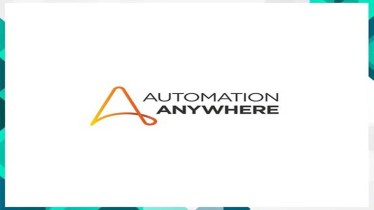Automation Anywhere is set to release the next version of its AI model later this year and this update will likely enable over 50% of enterprise operations to function autonomously, Mihir Shukla, CEO of the company told FE.
“Let’s say today with the current model you can do autonomous customer service up to 40%. The next version of this model will take it over 50%,” he said.
The AI-driven automation solutions company’s approach to AI-powered automation is built on an open ecosystem that offers multiple large language model (LLM) choices. A key differentiator for the company is its extensive metadata of approximately 300 million work processes.
This vast dataset allows the company to refine and retrain foundation models to align closely with real-world enterprise operations, rather than merely generating content.
Further, Shukla pointed out that AI agents are a defining force for both Global In-house Centres (GICs) and large global enterprises. “GICs are maybe less than about 15% of the market in terms of the possibility of what all can work and be done. So with a fast adoption of AI agents, and especially when I say AI agents, I’m referring to enterprise AI agents that can do complex things, not simple things,” he said.
On the enterprise front, Indian businesses with global ambitions are increasingly integrating AI into their operations. “For them to be competitive globally they have to use AI agents in their operation. Because, you know, sometimes AI agents can do what will take a million people to do. So it’s not just about doing what you do today, but about doing things that can’t be done with human beings,” Shukla added.
The decreasing cost of large language models (LLMs) has played a crucial role in accelerating AI adoption. Several enterprises have leveraged AI to streamline their processes significantly.
Shukla cited several examples of Indian businesses benefiting from AI. “Tata Sky automated finance, supply chain, treasury department. And one of the things Tata Sky did phenomenally is they closed their books in less than 24 hours now with AI agents,” he said.
Similarly, Indian Oil has integrated AI in finance, HR, and inventory management, while the Adani Group has deployed 220 AI-driven solutions across various sectors, including airports and cement, he said.
Bharti Airtel has implemented AI-driven zero-touch automation to reduce errors and improve customer service. “Airtel is creating a zero-touch automation so that it can reduce errors and offer a very superior customer service to their customers. Even more superior,” Shukla said.
The adoption of AI varies across sectors, with GICs and large enterprises leading the way. Shukla believes that India’s strong global positioning in IT services is helping drive AI adoption.
Beyond large enterprises, Automation Anywhere is engaging startups and SMBs through its agentic process automation platform. “The fourth is the developers and SMB businesses and startups where they can join our programme, an ecosystem programme where millions of developers and startup ecosystem is part of it,” Shukla said.
